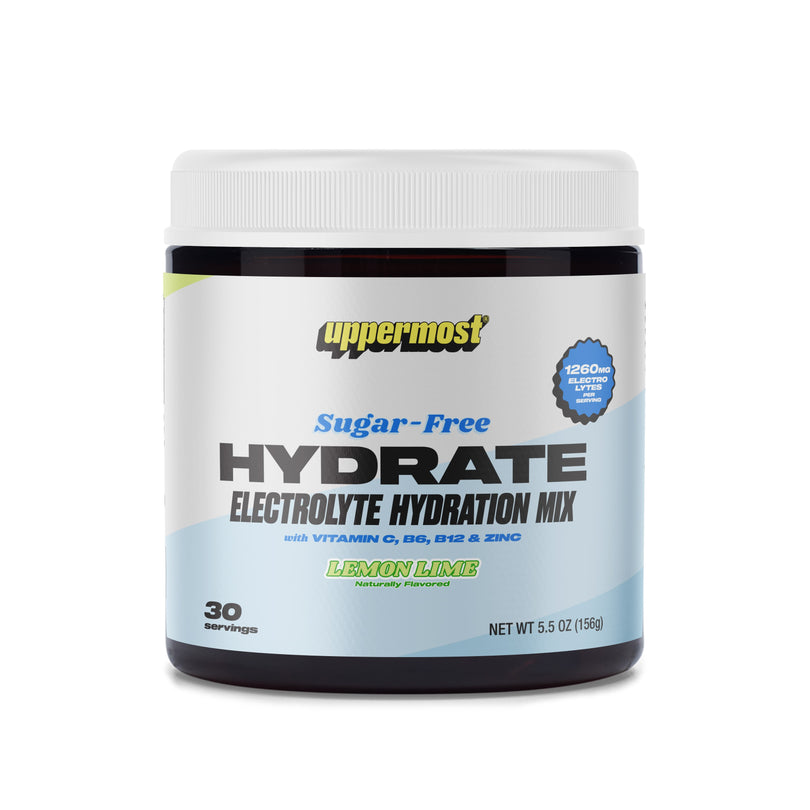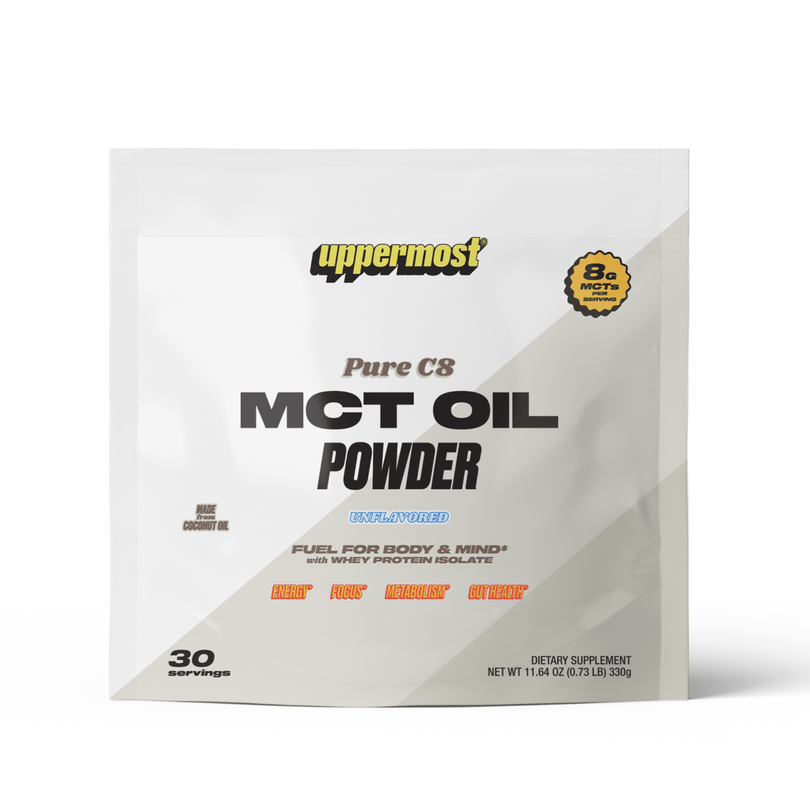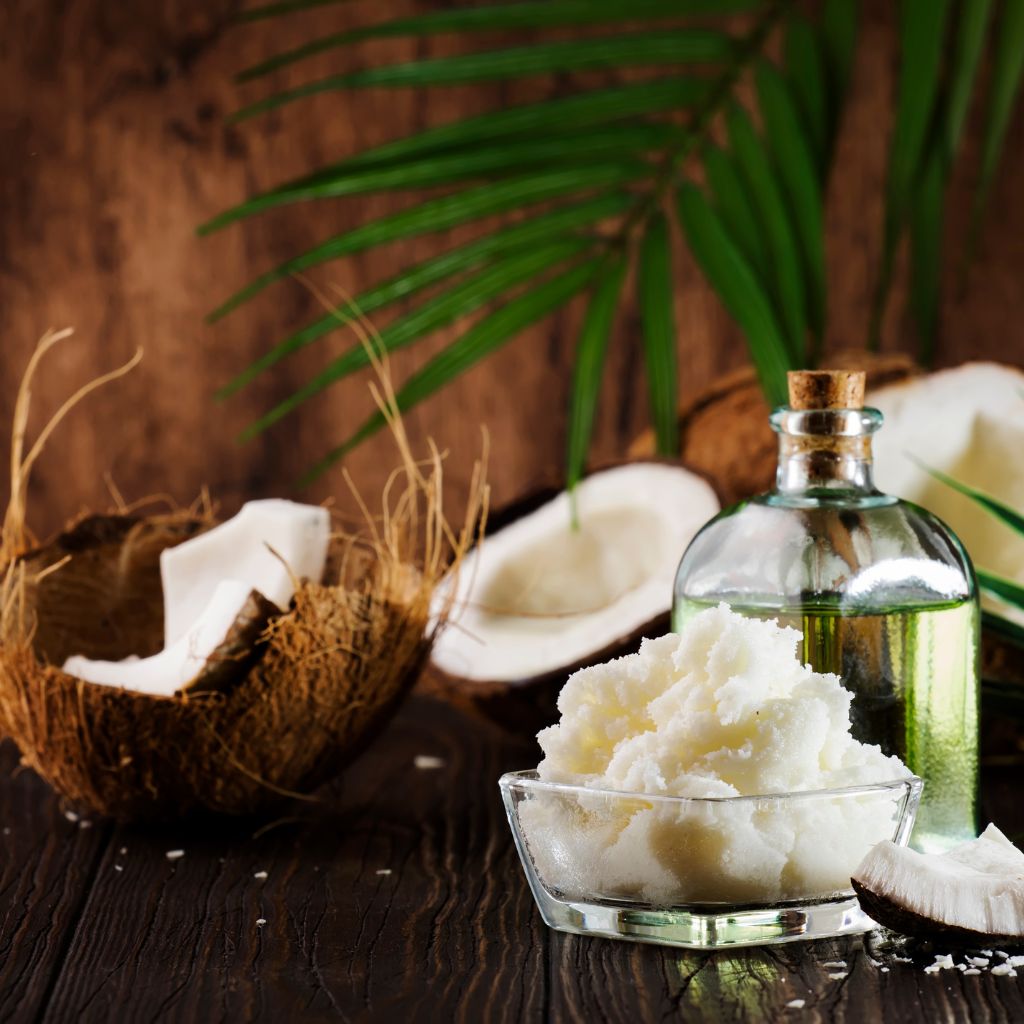Medium-chain triglyceride (MCT) oil and coconut oil have become increasingly popular among health enthusiasts and keto dieters alike. They’re both praised for their health benefits, ranging from providing quick energy to potentially aiding in weight loss. However, despite their similarities, MCT oil and coconut oil are not the same. This article will explore the distinctions between these two oils, diving into their composition, uses, and unique health benefits. By the end, you’ll have a clear understanding of why they’re often confused but serve different purposes in your health and wellness journey.
What is MCT Oil?
MCT oil is a highly concentrated form of medium-chain triglycerides, a type of fat primarily composed of shorter chains of carbon atoms than the long-chain triglycerides (LCTs) found in most other fats. These shorter chains are easier for the body to digest and metabolize, making MCT oil a quick source of energy that doesn’t rely on glucose as a primary fuel source. Typically, MCT oil is derived from coconut oil or palm kernel oil, but it can contain specific MCTs—primarily caprylic acid (C8) and capric acid (C10)—that are isolated and distilled.
The four primary types of MCTs are:
- Caproic Acid (C6) – Rarely included in MCT oils due to its strong odor and taste.
- Caprylic Acid (C8) – Known for its quick conversion into energy and beneficial effects on gut health.
- Capric Acid (C10) – Also converts quickly to ketones, offering sustained energy.
- Lauric Acid (C12) – A longer medium-chain triglyceride found predominantly in coconut oil, offering both antimicrobial benefits and slower digestion compared to C8 and C10.
While coconut oil contains all of these types of MCTs, it is mainly composed of lauric acid (about 50%), with smaller amounts of caprylic and capric acids, making it different from MCT oil, which often contains only C8 and C10.
What is Coconut Oil?
Coconut oil is a natural oil extracted from the meat of mature coconuts. Rich in saturated fats, coconut oil’s primary fat component is lauric acid, which is often touted for its antimicrobial properties and potential benefits to skin health. Due to its unique fat profile, coconut oil has been used in cooking, skincare, and hair care, as well as a general-purpose health supplement.
Despite containing MCTs, coconut oil is only about 62-65% MCTs by composition. The high lauric acid content means it metabolizes slower than MCT oil and doesn’t provide the same immediate energy boost associated with pure MCT oils. Coconut oil has a high smoke point, making it popular for cooking, but it’s also widely used in non-dietary applications such as moisturizers and hair conditioners due to its nourishing and hydrating properties.
Key Differences Between MCT Oil and Coconut Oil
-
MCT Content and Composition
Coconut oil is a blend of MCTs (around 65%) and LCTs, with lauric acid making up a significant portion. MCT oil, on the other hand, isolates and concentrates specific MCTs like C8 and C10, omitting lauric acid in many cases. This makes MCT oil metabolize faster and more directly into ketones, providing quick energy for those on ketogenic or low-carb diets. -
Metabolism and Energy Production
MCT oil, due to its high concentration of C8 and C10, is rapidly converted into ketones by the liver, which can then be used for energy without raising blood sugar levels. Coconut oil, while still a source of MCTs, has a slower metabolic pathway due to its higher lauric acid content, making it less efficient for those seeking immediate energy or ketosis. -
Taste and Culinary Uses
Coconut oil has a distinct coconut flavor, which is pleasant in cooking and baking but can limit its versatility. MCT oil, on the other hand, is flavorless and odorless, allowing it to be added seamlessly to beverages, smoothies, and recipes without altering the taste. This makes MCT oil a popular choice for adding to coffee, where it provides an energy boost without affecting the flavor profile. -
Health Benefits and Research Focus
- Weight Management: MCT oil has been shown to potentially aid in weight management by promoting satiety and increasing fat burning. The thermogenic effect of MCTs can raise energy expenditure, which can be beneficial for weight loss. Coconut oil also has benefits but does not provide the same degree of immediate energy release as MCT oil.
- Brain Health: MCT oil, particularly C8, is prized for its ability to quickly produce ketones, which the brain can use as an alternative fuel to glucose. Studies have suggested that MCT oil might support cognitive function, especially in people with Alzheimer’s or other neurodegenerative diseases.
- Antimicrobial Properties: Coconut oil’s high lauric acid content gives it powerful antimicrobial and antifungal properties, making it useful in promoting skin health, oral health, and even digestive balance. While MCT oil may not provide the same antimicrobial benefits, its refined nature makes it less prone to spoilage and oxidation.
-
Digestive Tolerance
MCT oil, due to its concentration of C8 and C10, can sometimes cause digestive issues, especially for those new to MCT supplementation. Coconut oil, with its blend of medium- and long-chain fats, is generally more tolerable and can even have soothing effects on the digestive system due to its lauric acid content.
Health Benefits of MCT Oil
-
Ketone Production for Energy
MCT oil’s C8 and C10 MCTs are quickly converted to ketones, which are used as an alternative energy source. This is especially beneficial for those on low-carb diets, where ketones help fuel the body without the need for carbohydrates. -
Appetite Regulation
MCT oil may help reduce hunger by promoting the release of hormones that make you feel full. Studies indicate that MCTs can increase peptide YY and leptin, both of which are hormones linked to feeling full. -
Support for Metabolic Health
The thermogenic effect of MCTs means that they can help increase calorie expenditure. MCT oil may help with insulin sensitivity, making it a potential tool for managing blood sugar levels in those with type 2 diabetes. -
Enhanced Brain Function
Ketones from MCT oil provide an immediate and efficient fuel source for the brain. This has led to MCT oil being explored for its potential in supporting cognitive function, particularly in those at risk for or experiencing cognitive decline.
Health Benefits of Coconut Oil
-
Skin and Hair Health
Coconut oil is highly moisturizing and helps nourish the skin and hair. The antimicrobial properties of lauric acid make it a popular choice for treating skin conditions like eczema, acne, and even dandruff. -
Oral Health
Practicing oil pulling with coconut oil can help reduce harmful bacteria in the mouth, freshen breath, and support gum health. The lauric acid is particularly effective in combatting harmful microbes that cause bad breath and plaque. -
Digestive Health
Lauric acid in coconut oil is thought to have a positive impact on gut health, helping balance the microbiome by reducing harmful bacteria. Unlike MCT oil, which is refined and has a different metabolic pathway, coconut oil’s lauric acid supports a healthy gut environment.
Which Should You Choose?
If you’re looking for a fast energy source, cognitive support, or enhanced metabolic effects, MCT oil may be the better choice due to its rapid conversion into ketones and immediate energy availability. MCT oil is also ideal for ketogenic and low-carb dieters, athletes, and anyone looking for a quick energy source without carbohydrates.
On the other hand, coconut oil is ideal for those seeking antimicrobial benefits, skin and hair health, or a versatile cooking oil with a high smoke point. Its natural composition of both MCTs and long-chain fats offers a range of health benefits, even if it doesn’t metabolize as quickly as pure MCT oil.
Conclusion
While MCT oil and coconut oil share some similar benefits due to their MCT content, they serve different purposes based on their composition and health benefits. MCT oil is specialized for fast energy and ketosis support, whereas coconut oil offers more diverse applications, including antimicrobial and skincare benefits. By understanding the distinctions between these two oils, you can make an informed choice that aligns with your health and wellness goals. Whether you’re adding MCT oil to your coffee for a quick energy boost or using coconut oil in your cooking and skincare routine, both oils offer unique benefits that can complement a balanced lifestyle.






